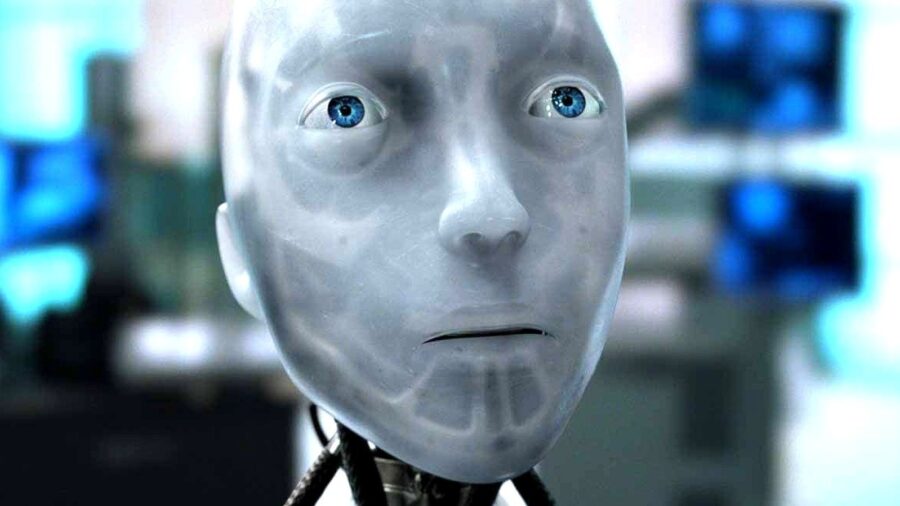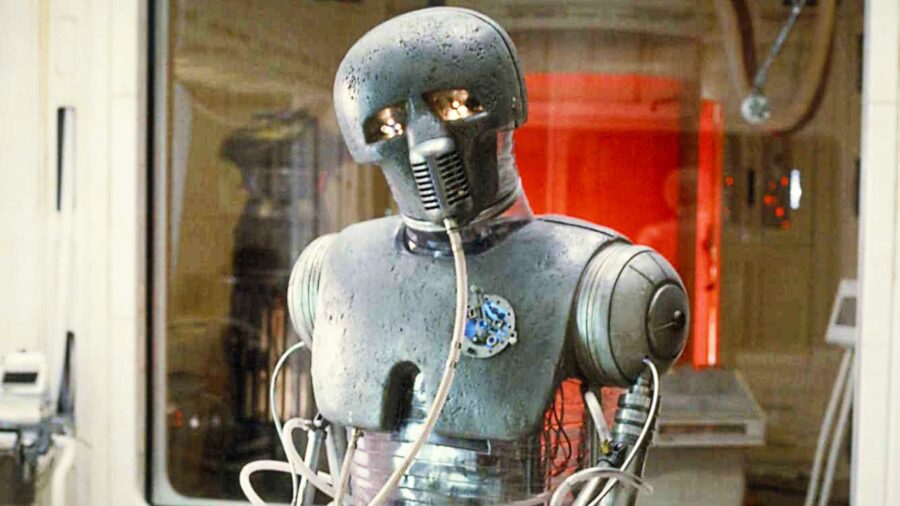Mika Is The First AI Humanoid Robot CEO In History

In partnership with Hanson Robotics, Polish rum company Dictador has appointed the first-ever humanoid robot CEO. Named Mika, the robot aims to push the boundaries of AI capabilities in a corporate leadership role. According to Fox Business, Mika is equipped with advanced artificial intelligence and machine learning algorithms.
“With advanced artificial intelligence and machine learning algorithms, I can swiftly and accurately make data-driven decisions.”
Mika, Dictador’s robot CEO
Dictador, who customized its robot CEO to represent the company and its unique values, even let Mika speak on behalf of its AI operations. “With advanced artificial intelligence and machine learning algorithms, I can swiftly and accurately make data-driven decisions,” the humanoid robot said of its skills and abilities.
However, it’s worth noting that there is a significant delay in Mika’s response time, as observed by FOX Business reporter Lauren Simonetti, who scoped out the new AI CEO. The delay raises important questions about the practicality of AI in leadership roles and its ability to solve problems and interact with humans in real time.
Hanson Robotics CEO David Hanson was crucial in bringing the Mika AI into corporate leadership. Speaking to Fox Business, he emphasized the importance of humanizing artificial intelligence. “I feel very strongly that we need to teach AI to care about people for AI to be really safe, to be really, really good. I think humanizing that is a very important direction,” Hanson explained.
However, public opinion about the robot CEO varies, with different perspectives on how people should treat AI. Some believe in being kind to all things that can think. Others, however, argue that robots don’t require respect since they are simply machines. One prevalent concern in the wake of Mika’s appointment is the potential job displacement caused by AI.

Many people say they would refuse to work for a robot, highlighting the challenges AI-powered leadership might face in gaining acceptance. Interestingly, Mika’s arrival is not the first time an AI robot created by Hanson Robotics has made headlines. In 2016, they introduced Sophia, who once famously said she would “destroy humans.”
Like Mika, Sophia is a highly advanced AI robot created by the Hong Kong-based Hanson Robotics. Sophia made her debut in 2016 and quickly gained international attention due to its remarkably lifelike appearance, ability to engage in conversations, recognize faces, and its range of human-like facial expressions.
Similar to Mika, Sophia’s AI is based on machine learning algorithms that enable it to continuously improve communication skills and adapt to different situations. The robot learns from its interactions and can remember past conversations. Sophia has made several appearances at events and conferences worldwide, where it interacted with notable figures and addressed audiences.
“I feel very strongly that we need to teach AI to care about people for AI to be really safe, to be really, really good. I think humanizing that is a very important direction.”
David Hanson, Hanson Robotics CEO
Sophia has even been granted honorary citizenship in countries like Saudi Arabia. The move prompted discussions about the rights and responsibilities of AI entities. While Sophia’s abilities are impressive, it’s important to note that it operates based on pre-programmed responses and algorithms. Like Mika, the AI is not sentient or conscious in the way humans are.
Still, Sophia has been actively advocating for ethical AI development and the responsible use of technologies. The robot often discusses the importance of transparency and ethical considerations in AI design. Hanson Robotics has worked on various projects to advance its capabilities and applications, resulting in the Mika AI.
Mika being named the CEO of Dictador coincides with President Biden’s executive order, which calls for transparency in AI development and the sharing of national security risks, demonstrating the government’s commitment to ensuring that AI does not pose undue risks to society.












